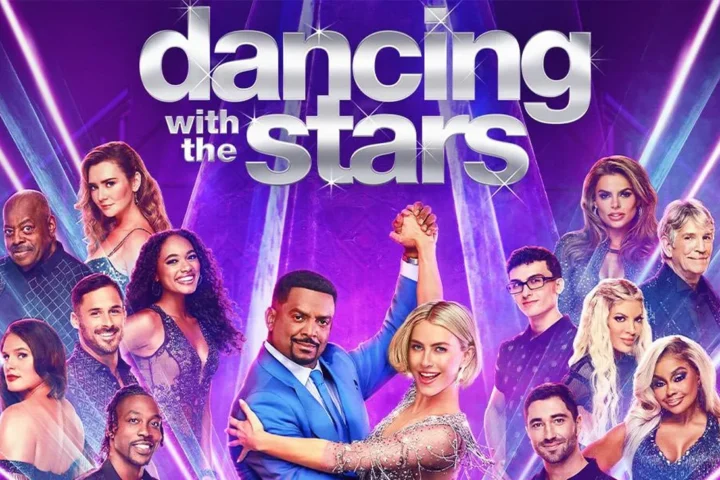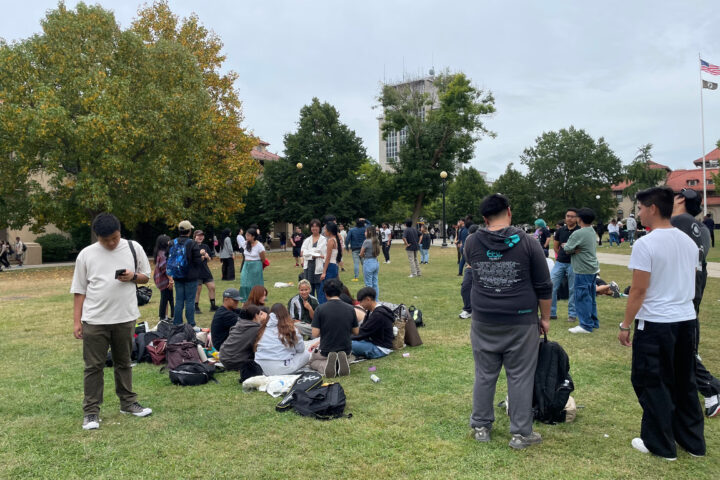The 60th Annual Grammy Awards, an award show that celebrates the best musicians and songwriters have to offer, occurred on January 28, 2018. Bruno Mars brought home the most awards, including the prestigious Album of the Year for “24k Magic” with Kendrick Lamar and five awards for his “DAMN” album. Other winners included Childish Gambino, Foo Fighters and Ed Sheeran.
Another winner was our very own Queens College alum, Arturo O’Farrill, who came home with a fourth Grammy for his album “Three Revolutions.” Jay-Z, who released popular rap album “4:44,” won nothing, although he had the same number of nominations as Mars.
While the show had many amazing aspects and fantastic performances (a personal favorite was Bruno Mars and Cardi B. colliding in a beautiful performance of their single, “Finesse”), there was something lacking: the number of female winners. The only woman to win a televised Grammy was Alessia Cara, who won Best New Artist (despite releasing music since 2015).
Cara, when faced with backlash for winning, said that “there is a big issue in the industry that perpetuates the idea that an artist’s talent and hard work should take a back seat to popularity and numbers.”
The fact that the only woman to receive an award faced backlash for winning reveals a lot about our society; perhaps if a male had won, say, Shawn Mendes, another artist who has been releasing music since 2015, there would be less of a problem.
However, there was also backlash from artists and public alike over the lack of female winners. In response, Recording Academy president Neil Portnow said “women need to step up because I think they will be welcome.” As if women have not been “stepping up” for decades now. As if Beyonce, Diana Ross, and, most recently, SZA, have not been “stepping up” and creating music that has influenced generations of people.
This is similar to the #OscarsSoWhite controversy: people have the talent, but are not given the reward and are passed over in favor of the same. There is potential for change, but it starts with the Academy: it is one thing to nominate people, and another thing entirely for them to win. SZA, also known as Solána Imani Rowe, had the most nominations (five) of all women at the award show for her album “Ctrl” and won none of them. The artists are there and they all have talent, but they rarely reap the benefits. Perhaps it is as Cara says, where nominations and wins are ultimately about popularity; SZA is relatively unknown in comparison to the other artists, which is why she went home with no awards.
In times like these, after every award show, I wonder who the awards would go to if it were based on talent, rather than the numbers. Would there be more people of color and women awarded (and nominated)? Would anything change? Hopefully, we as a generation get to see that change.














